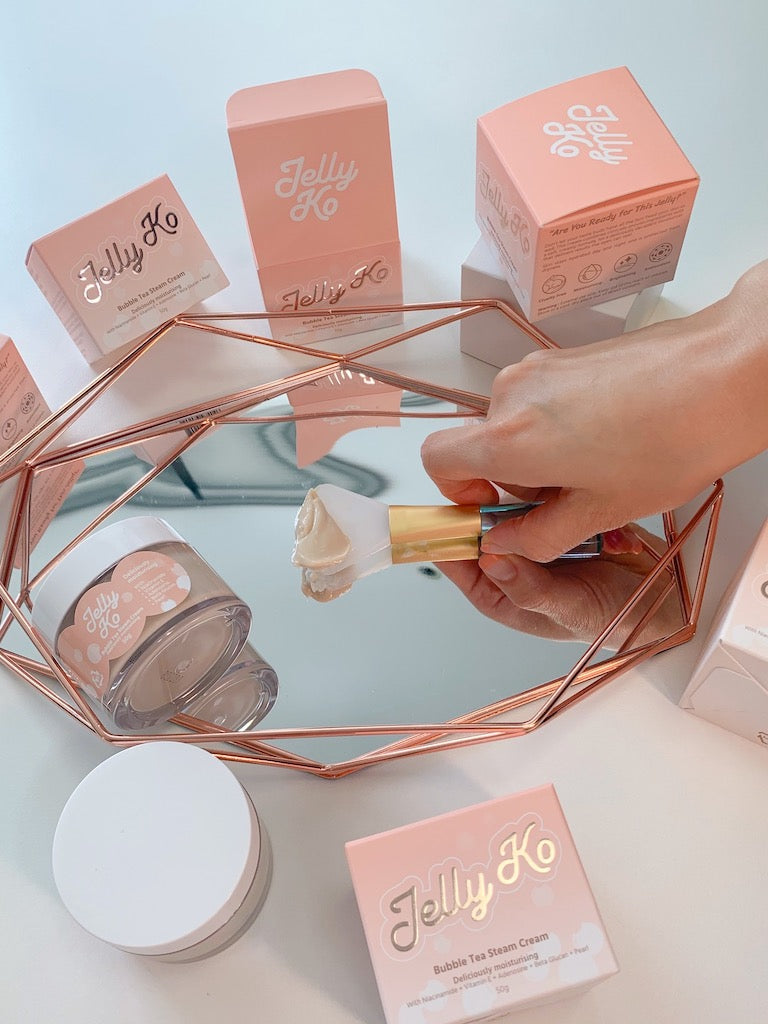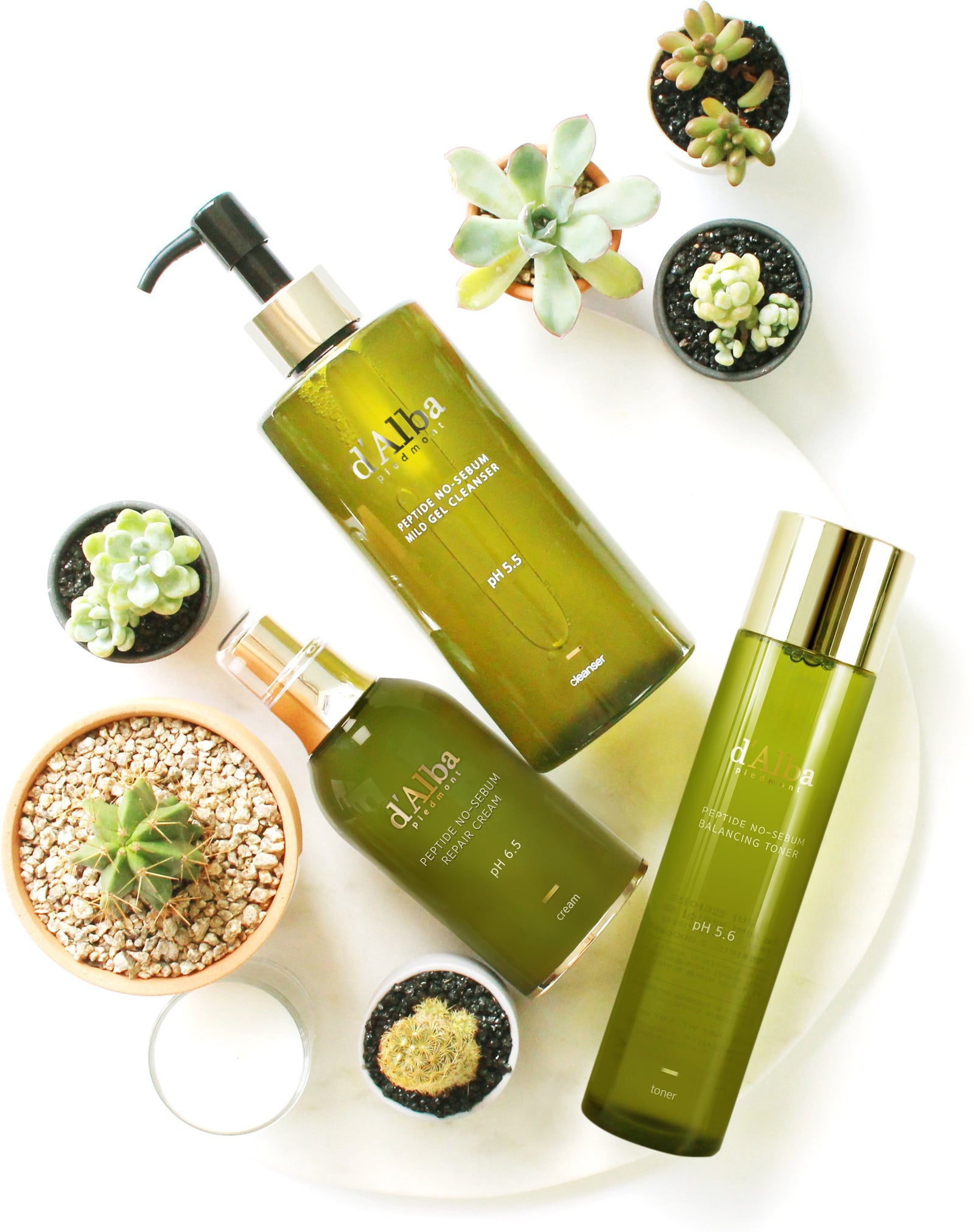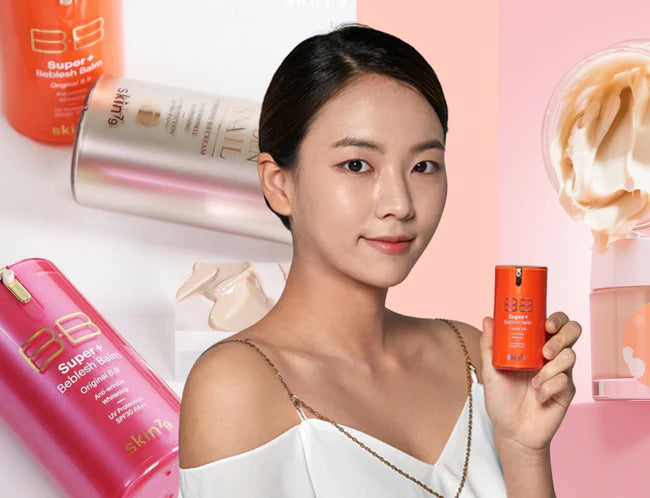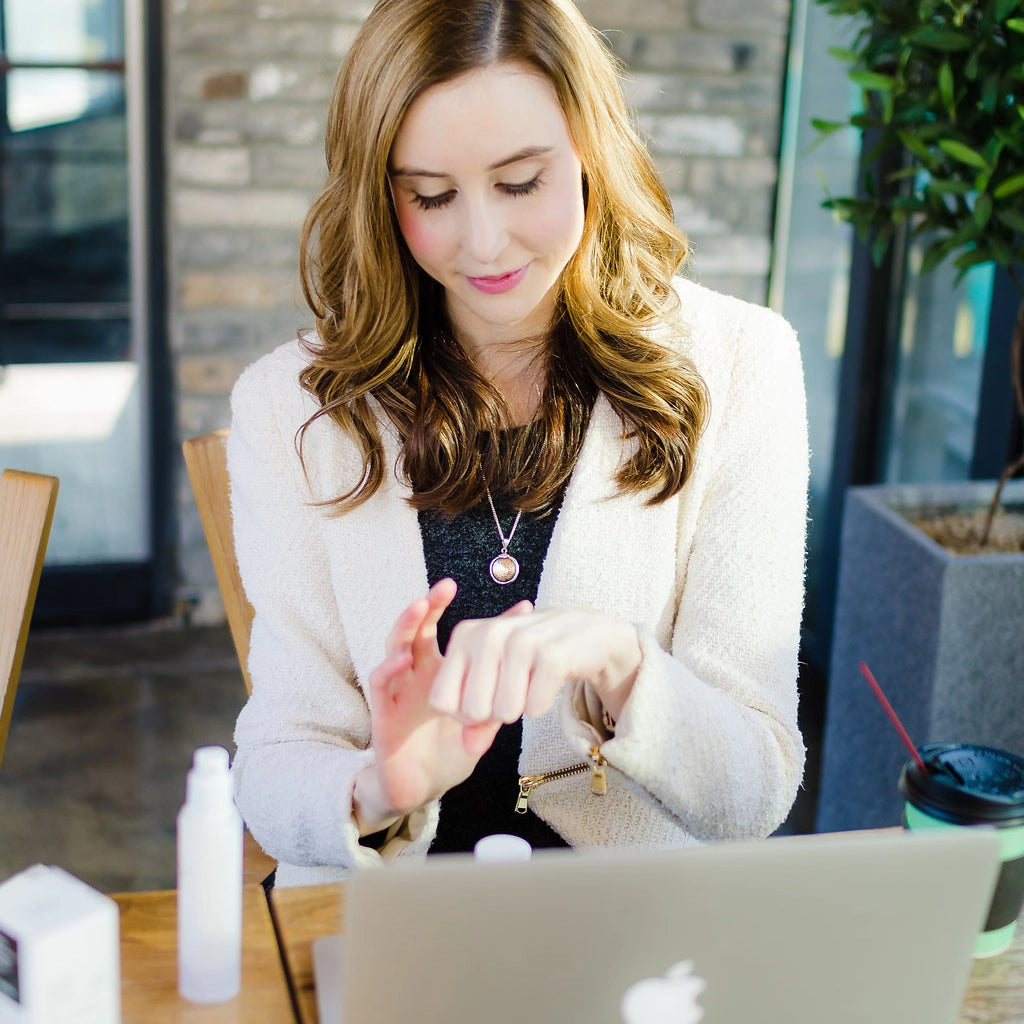The Korean Beauty Show 🎧 Your K-Beauty audio library starts here →
Menu
Bee Venom In K-Beauty Products
December 29, 2024

Bee Venom In K-Beauty Products
If you’re wondering about bee venom in K-Beauty products, and more specifically, how it comes to be inside them – you’ll be pleased to know that collecting the venom doesn’t harm the bees. In fact, K-Beauty companies using bee venom even have cruelty-free certification!
We went behind the scenes to find out the essentials about bee venom in K-Beauty products:
HOW IS BEE VENOM COLLECTED?
Much like snail mucin, bee venom is collected by the bee keepers themselves. Bee keepers have a very good reason to keep their bees alive because the more venom the bees produce, the more valuable they are! The venom is therefore collected with no harm to the bees. There’s also no disruption to the activities of the hives.
Instead, venom is safely collected by placing a glass pane near the hive. The bees are inclined to try and sting the glass because it has a mild current to attract them.
When they sting it, the bees release their venom. They also release pheromones that communicate to the rest of the hive to sting the glass as well!
However, because the stingers don’t eject onto the glass, the bees aren’t at all harmed and they don’t die. Research has shown that there is no shortening of the bees’ lifespans when the venom is collected this way.
The use of this carefully developed method to collect bee venom without harming any bees is why Korean beauty companies have been able to achieve cruelty-free certification for their products.

What’s It Used For?
Bee venom (also known as ‘apitoxin’) is a naturally occurring substance. It contains a range of beneficial enzymes.
Perhaps somewhat counterintuitively, small amounts of bee venom are actually beneficial to human skin, assisting with healing and producing collagen.
Although some commentators have referred to it as ‘nature’s botox’, comparing it to a bee sting by “tricking” the skin into thinking it’s been stung, in reality the concentrations in most K-Beauty products won’t have side effects like a real bee sting. Instead, the naturally occurring skin-friendly components have the biggest impact on your skin. These include ingredients like hyaluronidase, which is important to cell function.
Research has shown bee venom to be non-toxic when used in cosmetics.
The Planet’s Glowing Up With You ✨🌏
STYLE STORY is proud to be a member of 1% for the Planet, donating 1% of all sales to support environmental initiatives. Every product you shop helps give back to our beautiful planet.
Learn MoreWhich Products Will You Find It In?
One of Korea’s best-selling lines featuring bee venom is Benton’s “Snail Bee” line.
The collection features a cult-favourite toner, which brightens skin, increases collagen production and targets wrinkles, a sheet mask to calm redness and even out skin tone, and a highly moisturising steam cream.
The line’s other star ingredient is snail mucin, another naturally occurring ingredient (which is also cruelty-free) that assists with acne, scarring and uneven skin tone.
STYLE STORY – Your Go-To for K-Beauty Since 2014
Shop Now
"Much like snail mucin, bee venom is collected by the bee keepers themselves. Bee keepers have a very good reason to keep their bees alive because the more venom the bees produce, the more valuable they are!"
- STYLE STORY





Leave a comment
Comments will be approved before showing up.